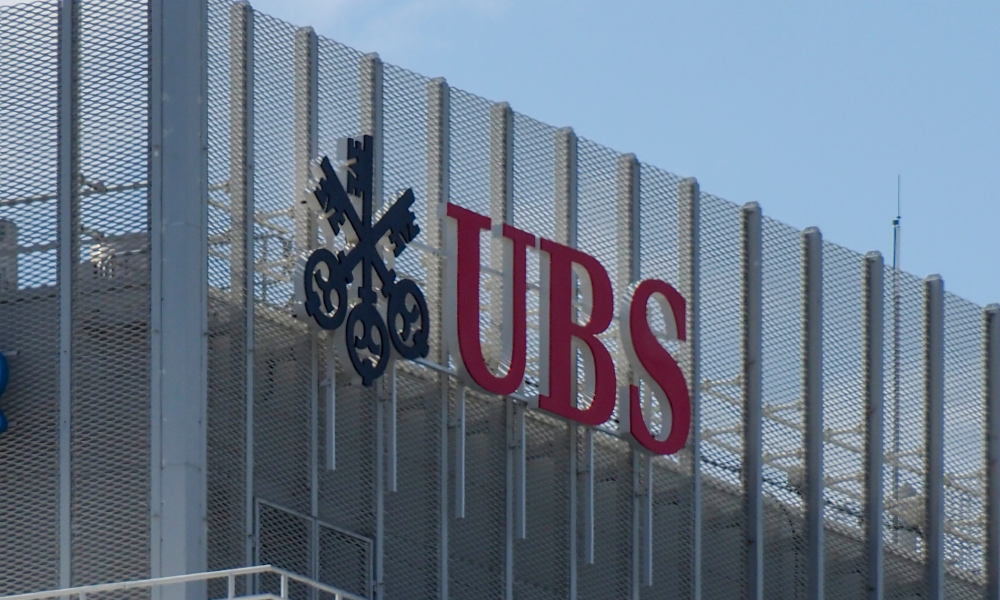

by Ben Stupples
UBS Group AG’s family office clients are leaning into hedge fund allocations as they focus on more active strategies to help navigate the shifting macroeconomic landscape.
Curbing passive investments and pursuing hedge fund allocations were among the most common ways for investment firms for the world’s super-rich to enhance portfolio diversification, the Swiss bank said in a report on Wednesday. Global trade tensions were cited as their top financial risk.
Family offices’ hedge fund focus has especially picked up in the fallout from US President Donald Trump’s tariff policies and heightened volatility in financial markets over the past month, according to Benjamin Cavalli, head of strategic clients for the Swiss lender’s global wealth management unit.
They are “playing this market more with well established, well-known long-short managers that actually can navigate through this environment,” he said in an interview. “Hedge funds have gotten a lot more momentum the last couple of weeks.”
The 317 family offices surveyed by the Swiss bank between January and early April – which manage $1.1 billion in assets on average — planned to boost allocations this year to developed market equities to almost a third of their portfolios on average, up from about a quarter 12 months ago. They also planned to cut holdings in cash, real estate and direct private equity investments, while precious metals are also “popular” for diversifying portfolios, according to UBS’s 2025 Global Family Office Report.
Family offices’ interest in continuing to deploy capital, even as other investors pulled back amid recent swings in global markets, underscores their ability to often access deep pools of capital and act opportunistically.
Family offices for part of Sweden’s billionaire Rausing dynasty and hedge fund billionaire Noam Gottesman both boosted US stock bets ahead of Trump’s so-called ‘Liberation Day’ on April 2, reflecting a bullish long-term view for developed market equities. Some of the world’s wealthy, including Mexico’s Carlos Slim and Sweden’s billionaire Persson family, also added to stocks they already owned amid the market chaos initially stemming from Trump’s trade policies, leaving them sitting on large paper gains as markets rebounded.
“There’s a significant focus on quality,” said Maximilian Kunkel, chief investment officer for UBS’s global family and institutional wealth division. “Especially when it comes to public equity exposure.”
Copyright Bloomberg News

Maridea Wealth Management's deal in Chicago, Illinois is its first after securing a strategic investment in April.

A new PitchBook analysis unpacks sticking points relating to liquidity, costs, and litigation risk for would-be investors and plan sponsors.

"The outcome is correct, but it's disappointing that FINRA had ample opportunity to investigate the merits of clients' allegations in these claims, including the testimony in the three investor arbitrations with hearings," Jeff Erez, a plaintiff's attorney representing a large portion of the Stifel clients, said.

The collaboration will give RIAs yet another access point into the alternatives space through a new unified managed account capability.

A drop in interest rates and easier access to capital has reignited appetite among private equity-backed consolidators, who accounted for 53% of RIA deals so far this year- their highest share since 2021 according to DeVoe & Company.
Orion's Tom Wilson on delivering coordinated, high-touch service in a world where returns alone no longer set you apart.
Barely a decade old, registered index-linked annuities have quickly surged in popularity, thanks to their unique blend of protection and growth potential—an appealing option for investors looking to chart a steadier course through today's choppy market waters, says Myles Lambert, Brighthouse Financial.
